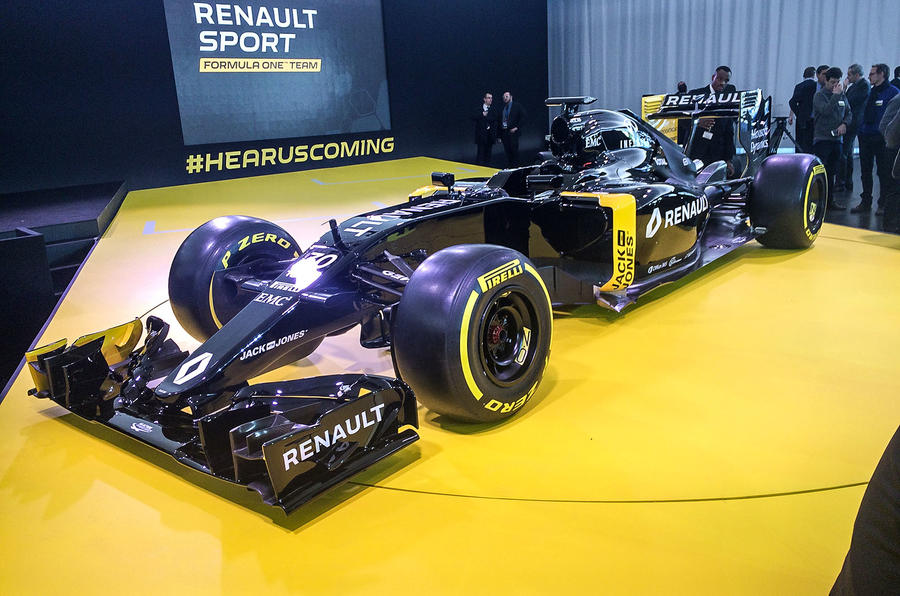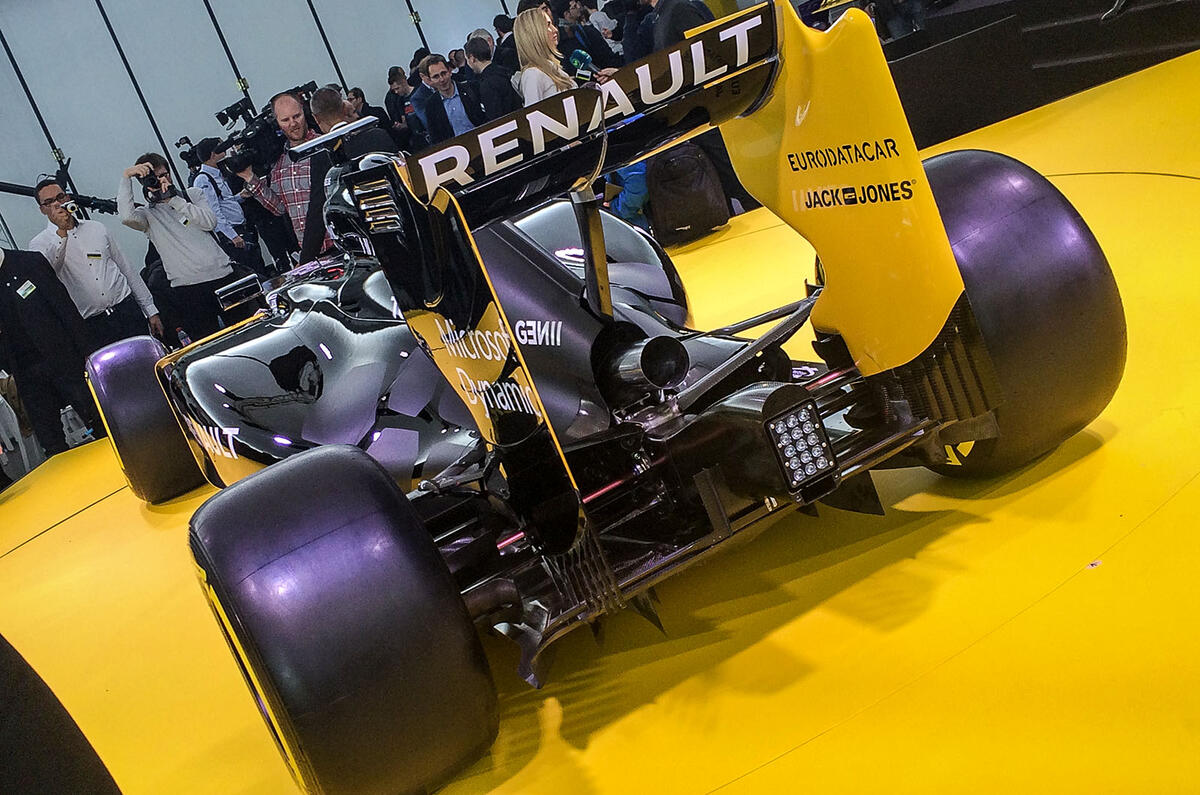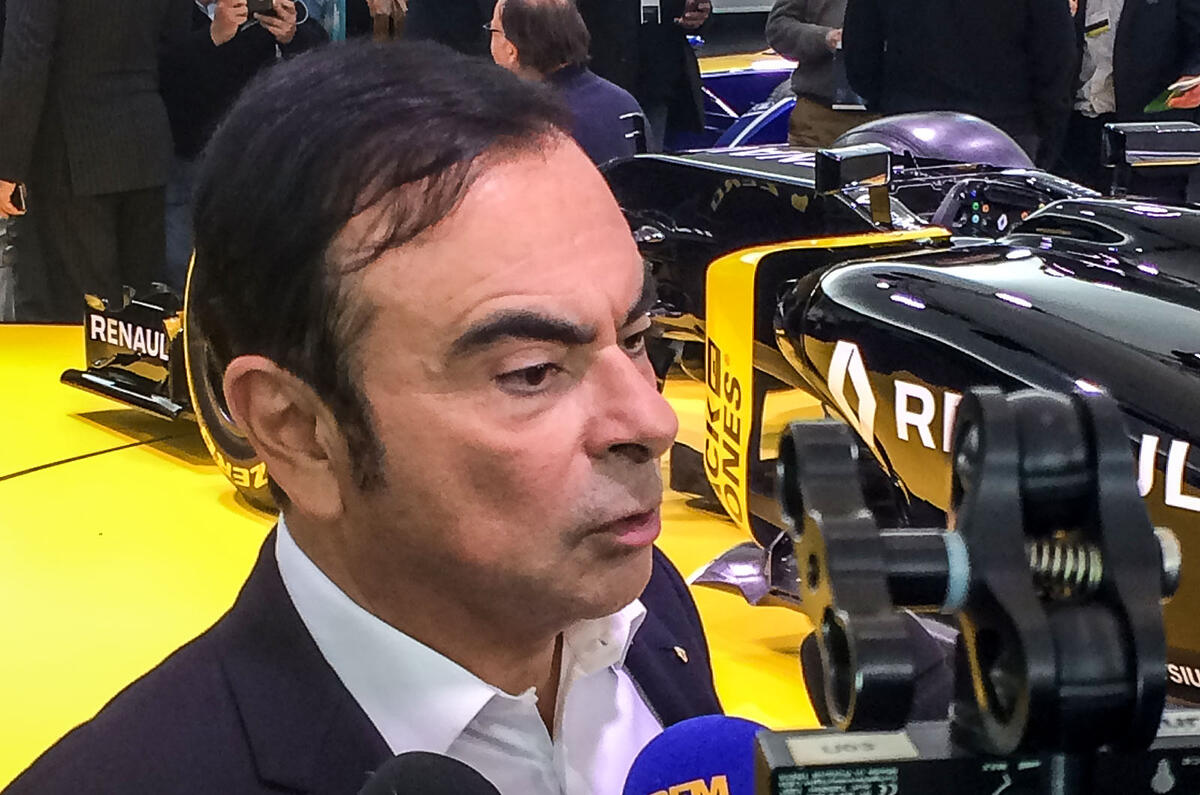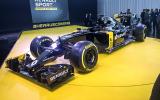Renault has promised to "work much harder" to link its new F1 team, launched today in Paris, with its Renaultsport road car range. The performance car sub-brand, which is the biggest of its kind in Europe, is now looking to China and emerging car markets for further growth.
Renault chairman and chief executive Carlos Ghosn revealed today at an unveiling ceremony at the team's technology centre on the south-western outskirts of Paris that Renault's high-performance division would split into two co-operative parts, Renault Sport Racing and Renault Sport Cars, with the straightforward aim of increasing worldwide brand awareness and sales of cars.
Renault Sport Cars, which has been concentrating recently on increasing the global reach and the appeal of its cars, is now responsible for the GT versions the Mégane, Renault Clio and Twingo (due later this year). Renault's F1 return coincides with an increase in performance road car development funding, says Ghosn.
Renault Sport will “develop its international footprint, brand appeal and portfolio growth”, according to a statement from the French manufacturer, raising the probability of more of Renault’s standard products getting performance makeovers. Last year Autocar reported on plans to develop hot versions of the Captur and Kadjar crossovers.
Another growth area for Renault Sport Cars could be in models adopting the aggressive styling and upgraded kit of the performance models without having the full range of driving enhancements. This kind of approach is said to go down very well in emerging markets.
Renault Sport Cars boss Patrice Ratti explained that the F1 exposure would be a "great boost" for his road car business, especially in its quest for wider international sales. It is targeting growth in markets such as China, India and Brazil and wants such nations to account for 50% of Renault Sport sales by the end of the decade.
"In 2010 we sold only two per cent of [Renault Sport] cars outside Europe - this year we should hit 40%," he said. "Our doubled R&D budget - between 2014 and 2018 - is part of a co-ordinated plan to expand our export markets and double our sales in the same period.
"At the end of 2018 we expect to be selling 70,000 cars, double what we did in 2014, if you count the GT range. It's a big business. The UK is currently our third market, behind France and Australia. At the moment Australia and the UK are almost level pegging. Germany is fourth."
Ghosn described the marketing opportunity of F1 - the chance to sell cars to its 450 million-strong worldwide audience – as "the main reason" the company is coming back in such a big way.
























Join the debate
Add your comment
Too black ! Bad.
More yellow please !
What a mistake...
A Twingo GT sounds fun. Might
Livery needs more yellow.